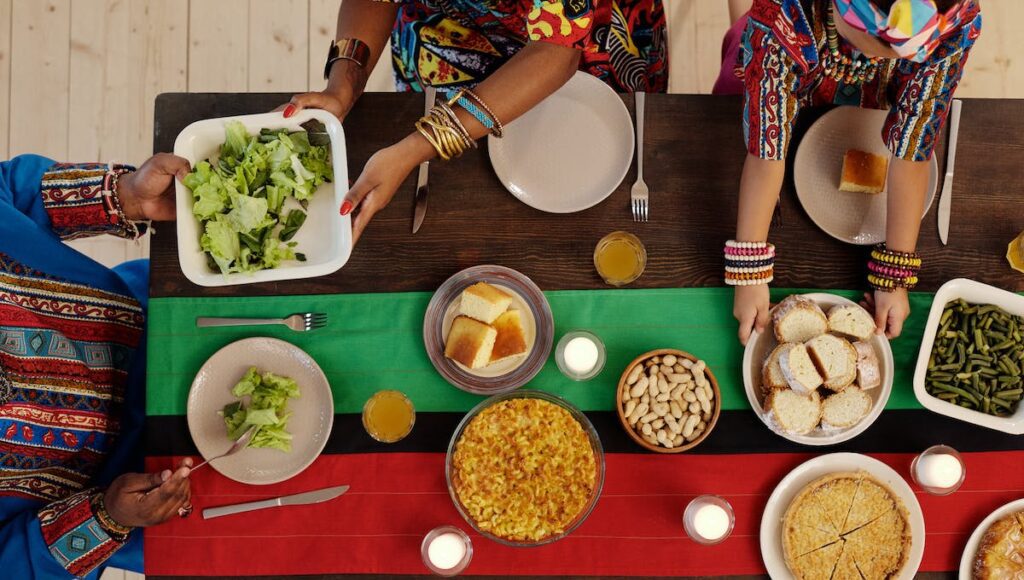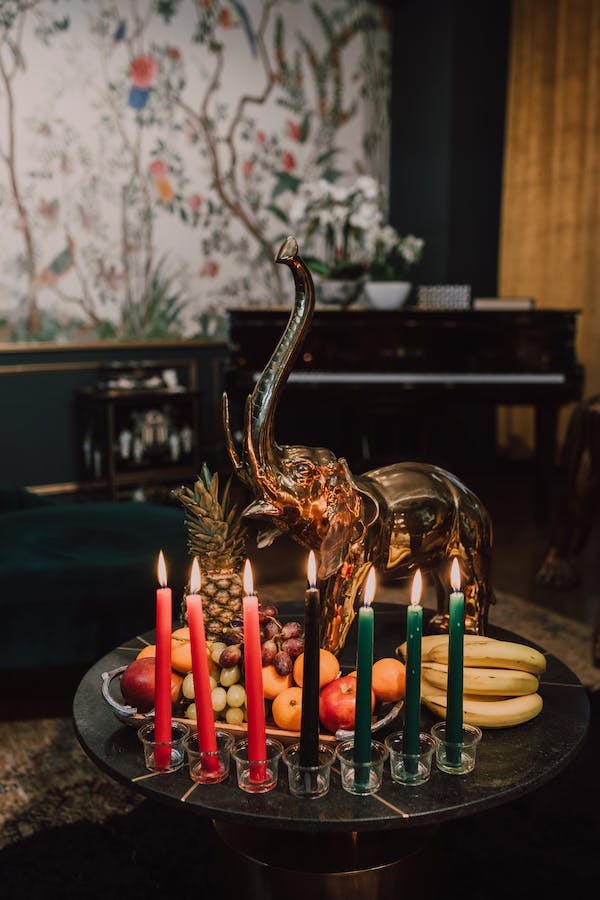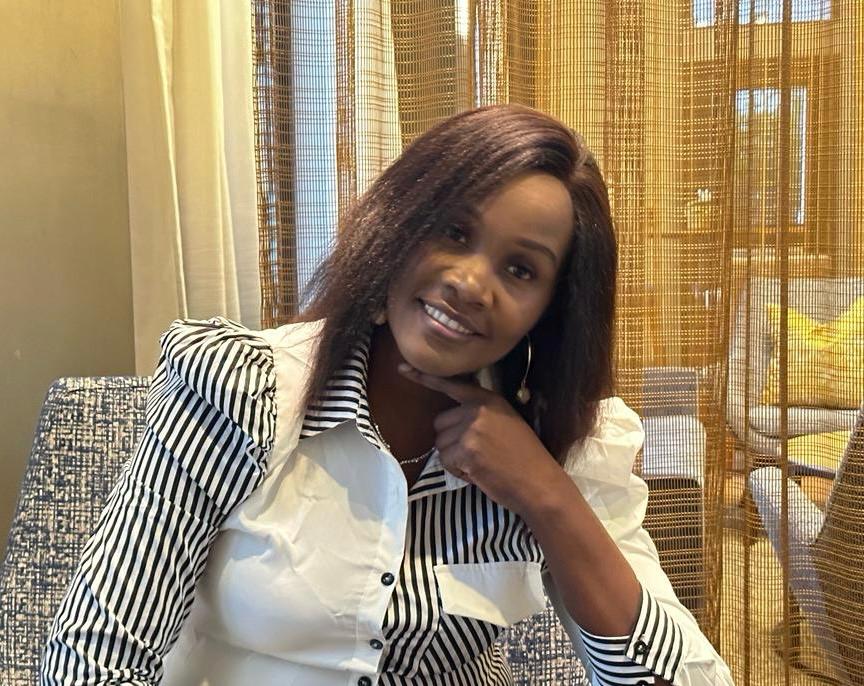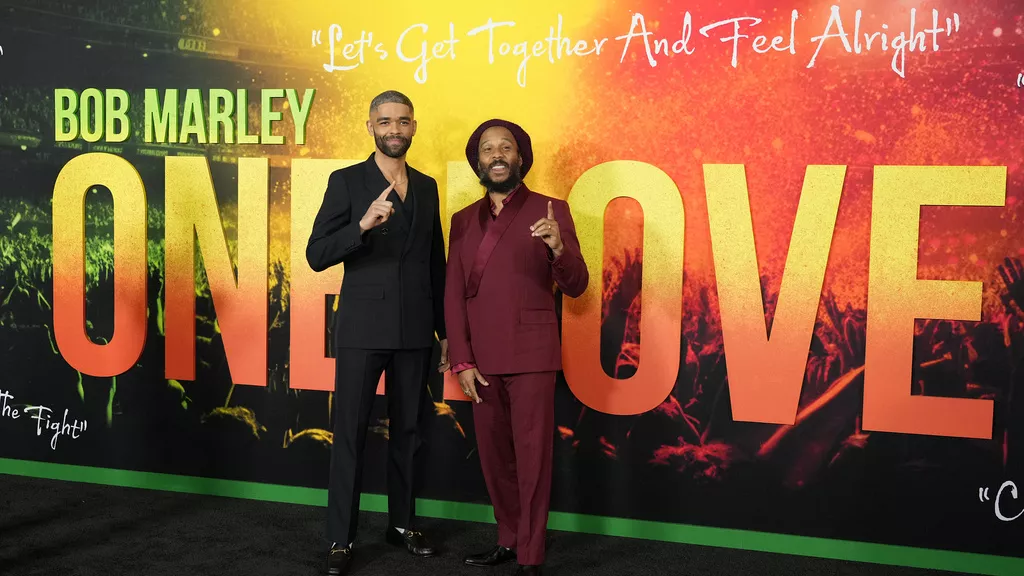Holiday traditions weave the social fabric of a community, fostering a shared sense of identity, brotherly love, and festive spirit as individuals come together in collective celebration. The approaching holiday season encapsulates these timeless ideals. With Christmas, Hanukkah, New Year’s, and Kwanzaa closely aligning on the calendar, homes resonate with the joyous spirit of these cherished festivities. While each celebration holds significance for many, some may find certain traditions, particularly those of Kwanzaa, a bit enigmatic. Here are 7 most common misconceptions about Kwanzaa.
It’s a religious holiday
Kwanzaa stands as a celebration that transcends religious boundaries, focusing on culture and universal truths. While there is a spiritual aspect to Kwanzaa, it is crucial to note that the celebration itself is not tied to any organized religion or deity worship. According to the words of Dr. Karenga, the creator of Kwanzaa, “Kwanzaa is above all a cultural choice as distinct from a religious one” (African American holiday of Kwanzaa, 33). This cultural celebration is a harmonious blend of African and American traditions, aiming to recognize and celebrate fundamental values related to history, social structure, creativity, politics, and economics—components that shape the fabric of society.
Read also: How to celebrate Kwanzaa in style in 2023

It’s an African holiday
Dr. Maulana Karenga initiated the creation of Kwanzaa during the tumultuous 1960s in Los Angeles, fundamentally establishing it as an American creation, more accurately termed an African-American holiday. Driven by the desire to instill cultural identity and values within the African-American community, Kwanzaa embraces seven principles that originated as an American creative endeavor. While it adopted an African flavor, drawing on Swahili language and customs, Kwanzaa, meaning “harvest of the first fruits,” roots itself in both American ingenuity and a deep connection to African culture.
Kwanzaa is a substitute for christmas
Celebrated from December 26th to January 1st, Kwanzaa dedicates each day to one of its seven principles. The chosen timeframe harnesses the seasonal excitement, not as a substitute for other holidays but as an independent celebration of cultural values. Kwanzaa encourages people to celebrate alongside other holidays like Christmas or Hanukkah, promoting unity rather than division or exclusion.
Read also: The significance of the seven candles in Kwanza celebrations
Only non-religious people celebrate Kwanzaa
The belief that Kwanzaa is a religious celebration is closely linked to this misconception, causing some people of faith to view it with apprehension. Contrary to this belief, Kwanzaa is not exclusive to non-religious individuals; in fact, it unites people of all faiths. Despite the religious diversity in the American social landscape, a majority of Americans, including Christians, Muslims, Jews, Buddhists, and others, embrace Kwanzaa’s principles of unity and communal cooperation.
Kwanzaa is based on political views
While Dr. Karenga’s political motivations played a role, Kwanzaa’s roots extend to African first harvest celebrations and the philosophy of Kawaida. Celebrating the first harvest is a common practice across African societies, symbolizing unity and gratitude for agricultural bounties. Kawaida, as a philosophy, underscores teaching values within a communal structure. Thus, Kwanzaa aims to bring people together to pass on and teach social values, transcending its political beginnings.

Kwanzaa involves Pagan rituals
Kwanzaa, like any holiday, features cultural symbols and rituals instead of pagan or religious practices. Notable ceremonies include tambiko, a pouring of wine rooted in ancient Egyptian tradition honoring ancestors. Another ritual is mishumaa saba, lighting one candle each day to represent the seven principles, traditionally done by a child to emphasize instructive principles with a reinforcing action. Each Kwanzaa activity has a specific historical tradition and purpose.
Read also: Elevate Your Kwanzaa Celebration with Authentic African Cuisine
Kwanzaa is a made up holiday
Contrary to the misconception that Kwanzaa lacks significance, it is a celebration steeped in rich traditions and purpose. Dr. Kerenga, its creator, intentionally crafted Kwanzaa to address social needs through creative cultural synthesis. Far from a superficial festive occasion, Kwanzaa has a deliberate and thoughtful history, making it a “created” holiday with genuine meaning and purpose.



